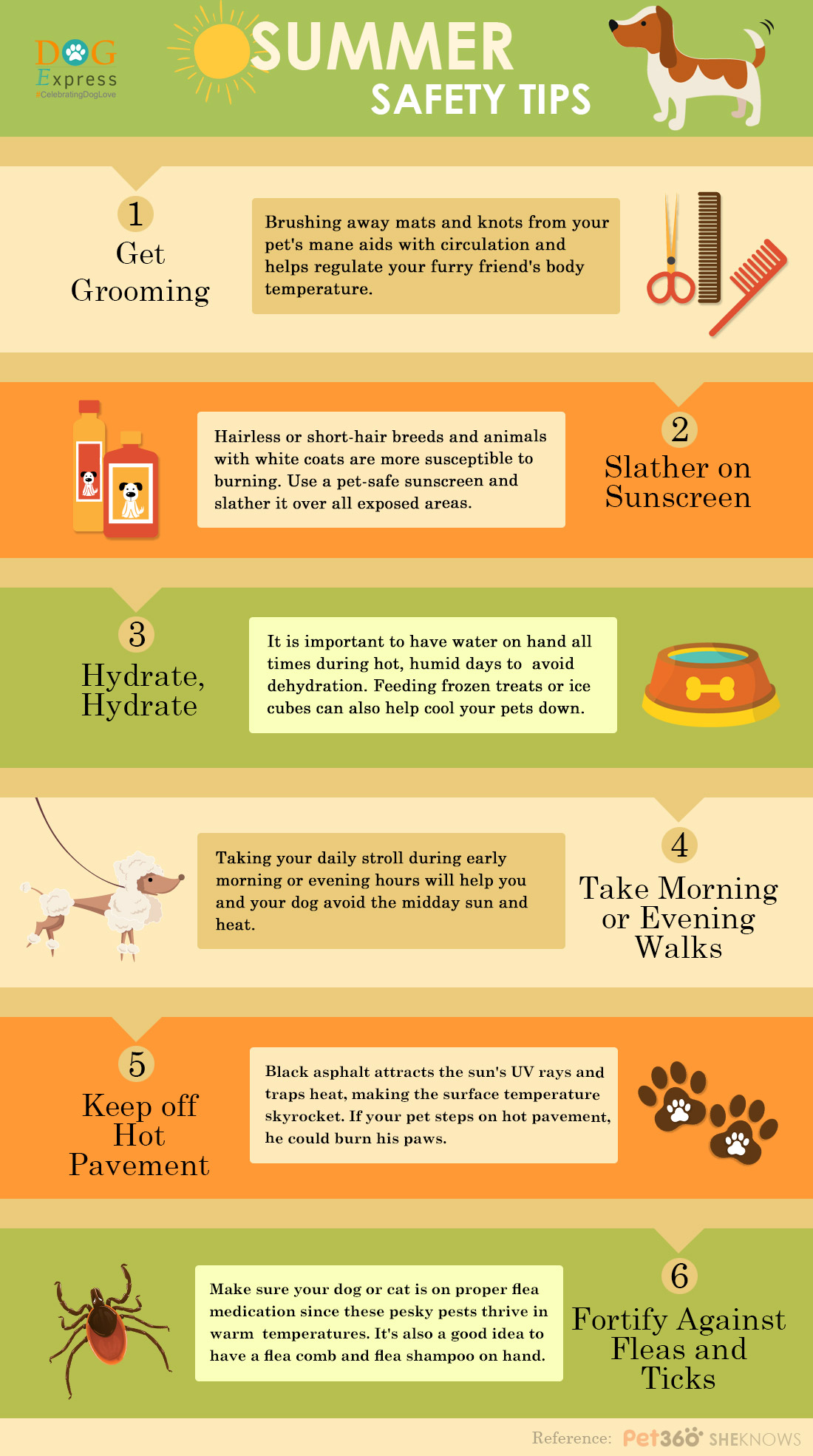First Day At Dog Daycare Tips
First Day At Dog Daycare Tips
Blog Article
Can Pet Dog Day Care Cause Illness?
Pets in day care obtain great deals of exercise, socialization with various other pet dogs and unique experiences. This can be specifically practical for pups and dogs with behavior concerns.
There are a number of lawful factors to consider you require to consider when starting a dog childcare organization. These include the structure of your company and compliance with federal government guidelines.
1. Pooch Distemper
Canine distemper is spread out through direct contact with the bodily fluids and waste of an infected pet dog, yet it can additionally be sent via shared water and food bowls or through airborne droplets. This extremely infectious health problem is most hazardous for pups, yet it can influence pets of any age and is fatal for many if left without treatment.
First signs and symptoms of canine distemper usually resemble an acute rhinitis, consisting of dripping eyes and nose with watery or pus-like discharge. As the disease proceeds, a dog will certainly develop high temperature, coughing, lowered cravings, throwing up and looseness of the bowels. The infection can additionally strike the nerves, leading to seizures, jerking and partial or total paralysis.
Credible childcares lower direct exposure to infection by calling for inoculations, regular health examinations and adhere to rigorous health procedures. If your puppy seems excessively exhausted or limping, a day of rest may help him recover, but you should prevent taking him back to day care up until these symptoms clear up.
2. Kennel Cough
Kennel cough, additionally called transmittable canine tracheobronchitis or Bordetella, is a very transmittable viral or microbial illness that affects the respiratory system. It's generally moved with the exchange of saliva or air droplets that a sick dog exhales. Social pets go to greater danger for infection because of their constant communication with one another, such as when they play, share food or water, sniff one another or merely satisfy in a congested atmosphere like a dog park or childcare.
One of the most typical symptom of kennel cough is a relentless and strong cough that sounds like something stuck in the throat or retching. Usually, pet dogs will cough up foamy white phlegm. If left without treatment, a canine can develop pneumonia and go to significant danger for life.
A reliable childcare center ought to have strict cleansing and cleanliness protocols, disinfect all toys, food and water bowls routinely, and be open about their inoculation policies. Maintaining your pet dog up to day on their inoculations, specifically for bordetella and canine flu, will considerably reduce their opportunities of acquiring the disease.
3. Parvovirus
Canine parvovirus, or parvo, is a very infectious viral illness that can be dangerous for young puppies and young adult pet dogs with poor body immune systems. It's most frequently spread by straight contact with polluted dog feces-- which can occur when canines smell, lick, or taste contaminated feces-- and indirectly from polluted people, items, or environments (like kennels, brushing spaces and grass). Young puppies and dogs without total vaccination backgrounds are especially at risk to parvo.
The virus is exceptionally durable, enduring in the atmosphere for up to nine years, and can conveniently be transferred between pet dogs by contact with feces or on footwear, clothing, and bed linens contaminated with parvovirus. Otherwise treated quickly with IV fluids, electrolyte equilibrium, vomiting control drugs and antibiotics to stop secondary microbial infections, a dog will quickly dry out and establish extreme diarrhea, which causes shock and sepsis. Parvo is tough to cure when a dog has come to be ill, however with ideal veterinary care, several puppies do endure this illness.
4. Dog Flu
Canine flu infection is highly infectious and spreads through direct call, sharing food and water bowls, licking or nuzzling other pet dogs, via airborne droplets, and via contaminated surface areas. Vaccination is effective in minimizing the risk of infection and break outs.
The majority of affected pet dogs create a moderate respiratory system infection with a cough that lasts 1-3 weeks. They may additionally have nasal and ocular discharge, sneezing, and dog daycare and boarding lethargy. A few of one of the most major situations cause pneumonia and a high fever.
If your canine displays any one of these symptoms, do not bring them back to day care till they are healthy. If your canine is revealing indicators of extreme tiredness or hopping, talk with your vet right now and see to it they are on good health supplements to assist construct their immunity. A veterinarian will examine your pet for symptoms of the flu by taking a sample from the nose or throat, and blood examinations can be done to validate.